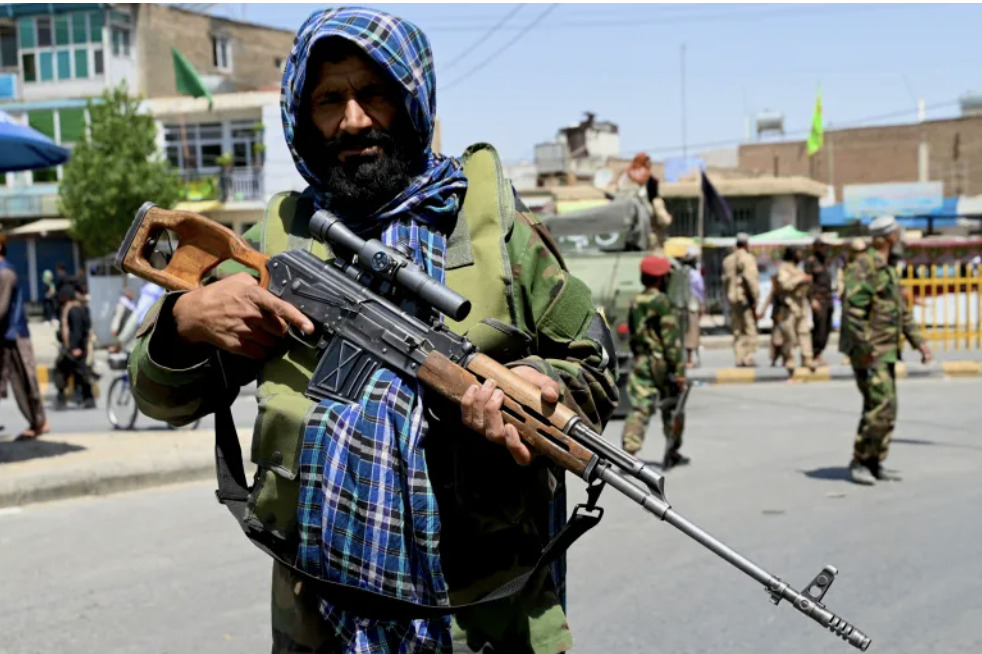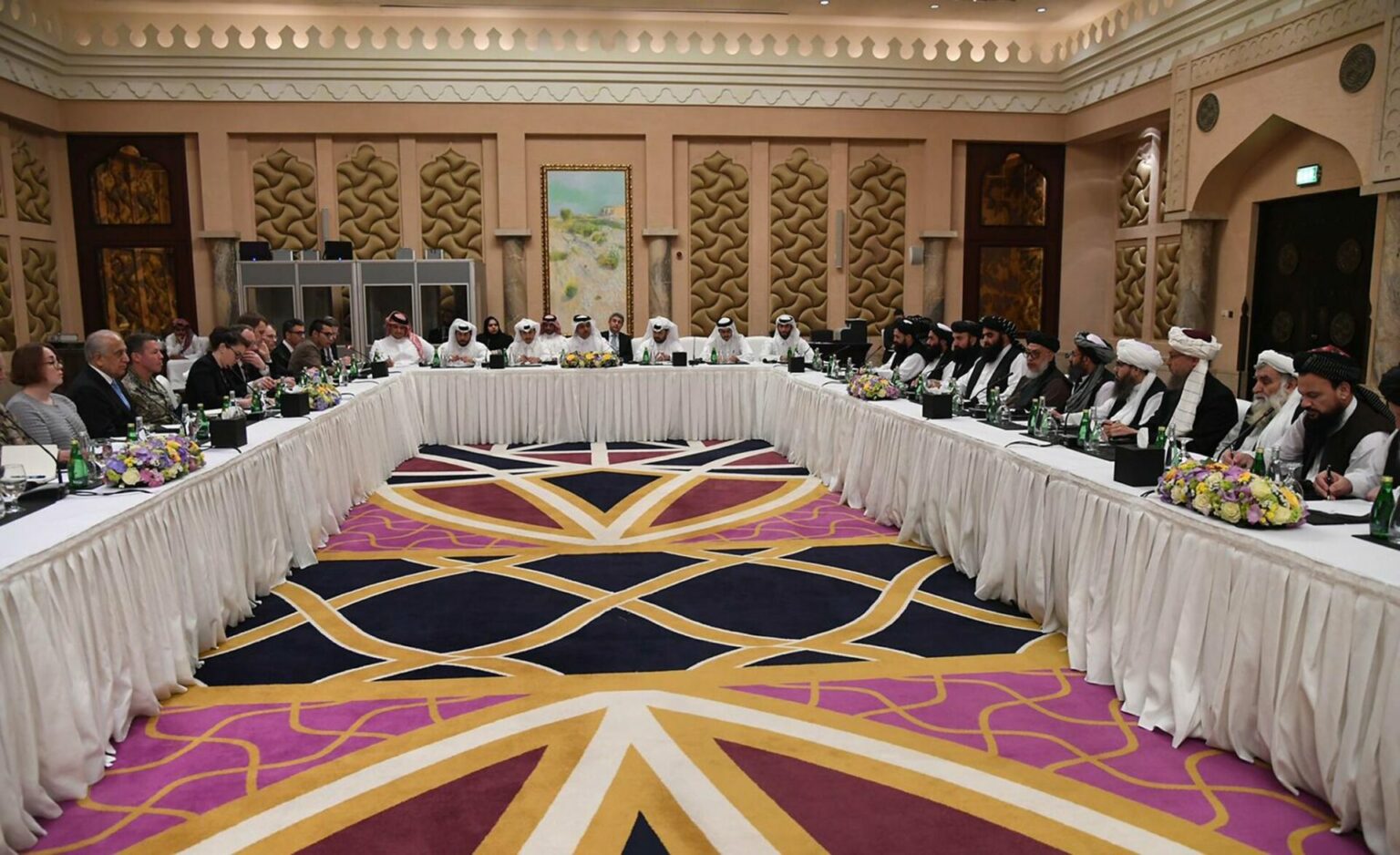In a remarkable turn of events, leaders of the Taliban recently engaged in a historic meeting with officials from the United States in Qatar. This marked the first time the two sides came together since the Taliban’s return to power in Afghanistan two years ago. During the intensive two-day talks, they delved into critical matters aimed at fostering confidence between the parties involved.
The agenda encompassed pressing issues such as the lifting of sanctions and travel bans, the return of Afghan central bank assets held abroad, countering narcotics, and addressing human rights concerns. It is worth noting that, despite their ascension to power in August 2021, the Taliban is yet to gain formal recognition from any nation, resulting in widespread international condemnation and mounting humanitarian challenges in the region.
This article delves deeper into the discussions, the concerns raised, and the potential implications of this groundbreaking dialogue between the Taliban and US officials.
Table of Contents
Building Bridges and Addressing Concerns
During the discussions, both sides engaged in discussions to build confidence and address pressing issues. The Afghan Ministry of Foreign Affairs spokesman, Abdul Qahar Balkhi, confirmed that talks encompassed a range of topics, signaling a willingness from both sides to find common ground. However, the discussions also brought to light some of the Taliban’s controversial policies, including restrictions on women’s education and employment, which have been met with global disapproval.
Human Rights Concerns
The US State Department expressed “grave concern” over human rights violations in Afghanistan, calling for the release of detained Americans and an end to media crackdowns and religious practice restrictions. The Taliban’s actions have drawn international scrutiny, and these concerns continue to be pivotal points of contention in diplomatic engagements.

Economic Stabilization Efforts
Amid the talks, both delegations recognized the importance of economic stability in Afghanistan. The US officials expressed openness to engaging in technical dialogue to address economic challenges and took note of falling inflation, and rising exports, and imports in 2024. Moreover, discussions focused on the release of Afghan central bank funds, which the US had previously frozen following the Taliban’s takeover.
Countering Narcotics
Recognizing the significance of countering the narcotics trade in Afghanistan, officials addressed the ban on opium cultivation. Previously, the Taliban relied on poppy cultivation to fund their armed struggle, making Afghanistan the source of 85 percent of the world’s opium in 2020. However, since assuming power, the authorities have imposed a ban on the crop, signaling a shift in the country’s approach to the drug trade.
International Support and Recognition
The Taliban’s return to power triggered a wave of international disapproval, with no country formally recognizing their government. Despite this, the talks in Qatar indicate an effort to establish diplomatic channels and find resolutions to pressing issues. The path to international recognition remains uncertain, but engaging in dialogue is seen as a crucial step toward potential progress.
Addressing the Humanitarian Crisis
Afghanistan has been grappling with a severe humanitarian crisis, with nearly half of its population relying on assistance from the World Food Programme last year. The talks acknowledged the urgency of addressing the country’s humanitarian needs and finding sustainable solutions to support the Afghan people during this challenging period.
Looking Ahead
The talks between the Taliban and US officials in Qatar represent a significant step in establishing diplomatic communication and addressing key issues affecting Afghanistan. The discussions on economic stability, human rights, and narcotics aim to lay the groundwork for potential solutions to the country’s pressing challenges. While international recognition remains elusive, these talks demonstrate a willingness from both sides to engage in dialogue and build bridges toward a more stable and secure future for Afghanistan.













